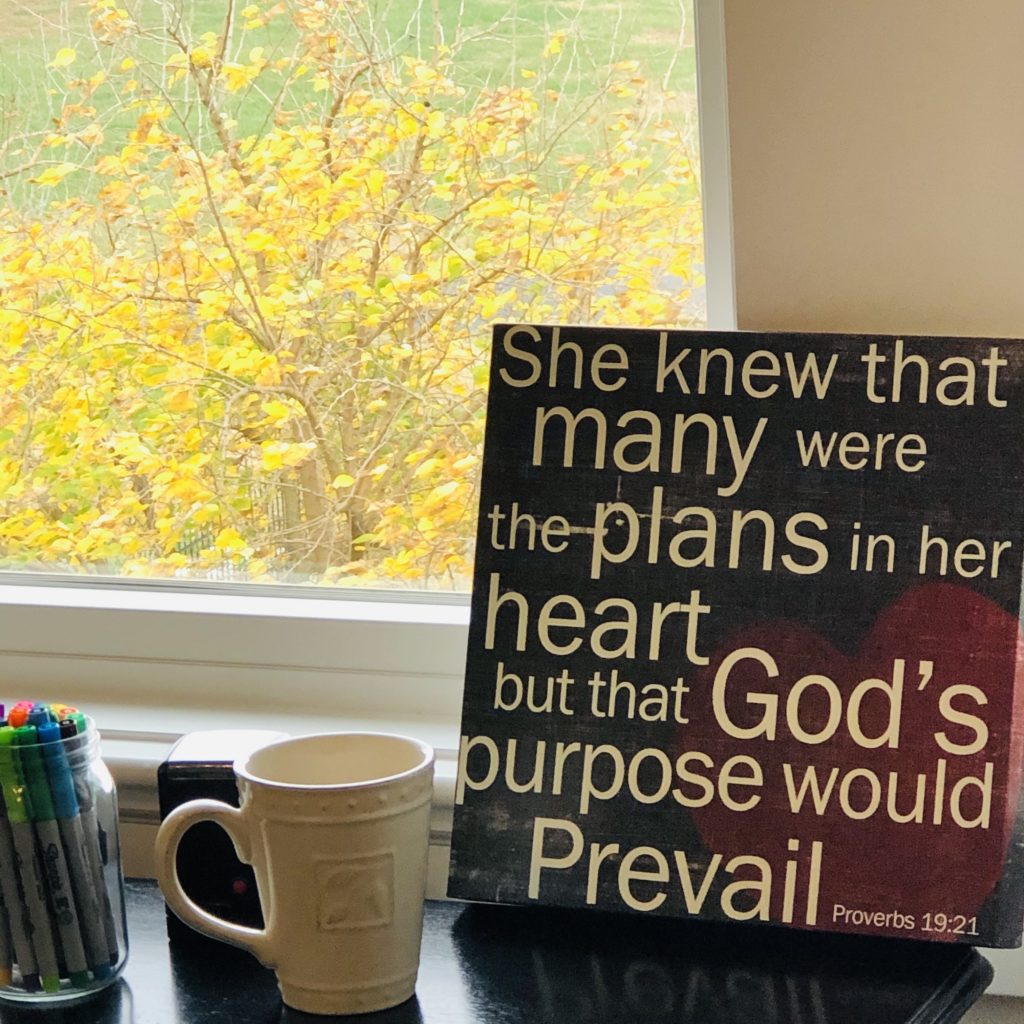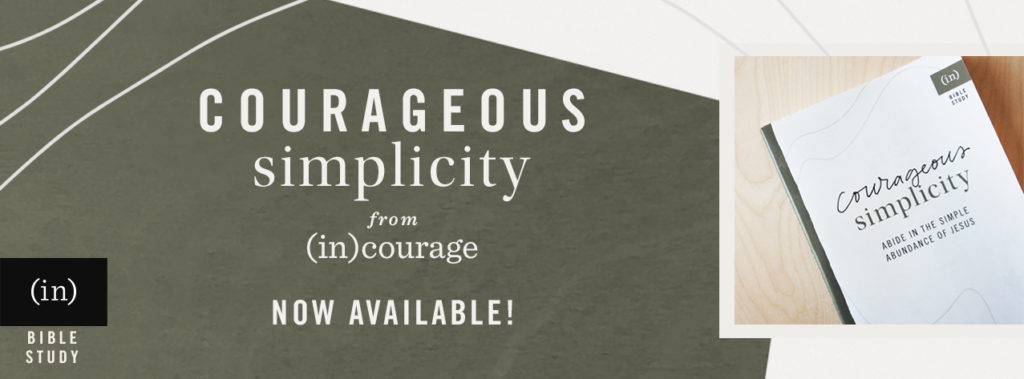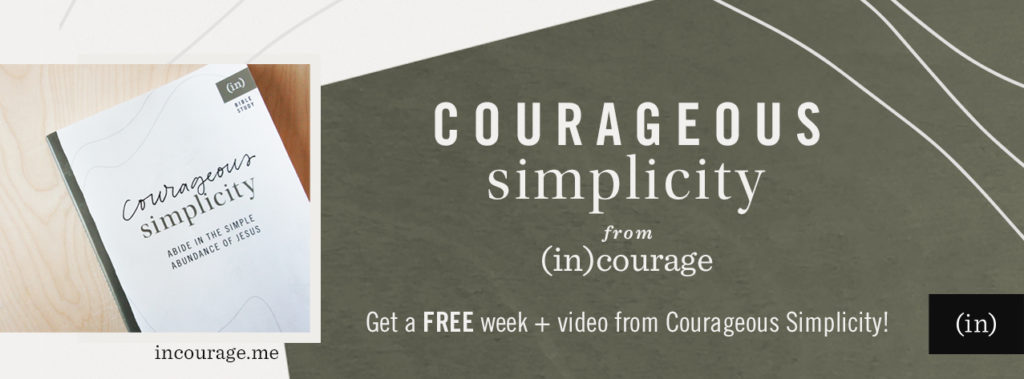I’ve been thumbing through my recent book order — a revised and expanded edition of how to raise and sell cut flowers the organic way. The irony is that I don’t really need an expanded version. There’s nothing in my repertoire to expand since my success rate with gardening is pretty abysmal. Springtime always sprouts my grandiose lifestyle dreams of living off our land all “Little House on the Prairie” like, but by July, practicality sets in and the reality of North Carolina scorching summers deem me too lazy to have such high aspirations. (Chuckle at this experiment from years ago.)
I want this year to be different, but I wonder what will finally spark change. While January typically holds fresh ideas, goals, and inspiration, I’m still limping along. I question how I can still feel this way, but I know many of you understand. For months I’ve been preaching to myself the need to give myself grace. Often I repeat my motto, “Grace on, Guilt off.” While it’s okay to admit that we’re a bit fragile as we continue to balance the isolation and tension that COVID challenges raise, the Holy Spirit has also convicted me, “Jen, you can’t stay in a season of short cuts. Trust me and do the hard things.”
So as I glance out the window, frost glistens on our grass with a crystalized beauty, but everything else is brown, dirty, and dead. Flowers are a long way off. Snapped branches and downed trees lay toppled from a recent ice storm alongside mounds of mud that our mischievous dogs had dug. It feels overwhelming to even start.
Yet amidst this barren scene, something new is stirring. The first chapter of my gardening book prioritizes the critical importance of the soil preparation. To the naked eye there’s no beauty to be found in the drudgery of manual labor, yet without an entire season focused on tilling, mulching, fertilizing, and composting, nothing much grows except weeds. History speaks to the plethora of weeds in my garden, and I’m certain this is why my homesteading lifestyle never amounted to much. I love my short cuts.
In January and February when everything is dark and dreary, cold and hard, I’ve never invested the time necessary to allow my crops to flourish. I tend to jump over that part. I procrastinate until spring when the weather is beautiful. I wait until working outside brings a spring to my step, and I envision filling my vintage mason jars with cut flowers that I grew myself just like the cover of my gardening book. But 300 pages in, I realize the hard work starts when the ground appears dead. If I want flowers to flourish this summer, I need to start now with work behind the scenes that no one witnesses.
So I’m starting something new. I spent this week outside — cold and lonely — tilling, digging, and planting unique bulbs. I hated it. Honestly, I kept assuming I’d grow to love the process, but nope. It’s not happened yet. There are no guarantees it ever will, but I’m putting in the hard work, only worrying about those things that I can control and burying the excuses I’ve held onto for so long.
Let your roots grow down into him, and let your lives be built on him. Then your faith will grow strong in the truth you were taught, and you will overflow with thankfulness.
Colossians 2:7 (NLT)
Now I wait for these flower roots to grow deep. Sometimes the hardest work begins in the waiting, but I’m hopeful, expectant, and still giving myself lots of grace. Though I’m focused on the physical act of gardening, I’m convicted again of how it mimics my spiritual life.
My desire is for others to see the love of Jesus in me so clearly, but I can’t expect my roots to grow deep and flourish with joy, peace, and gratitude amidst increasingly difficult times if I’m not willing to discipline myself and prioritize the necessary time with the Lord. To understand and step into living within the fullness of His nature, I must know Him intimately. That requires time with Him, and not just reading an Instagram post about Him. It requires discipline. My free spirit personality doesn’t like discipline. I wish I could wrap this concept up in a cozy New Year’s bow, but that kind of discipline is hard, my friends. In many aspects of my life, whether I’m working on a physical, spiritual, or emotional goal, it often feels painful.
No discipline seems enjoyable at the time, but painful. Later on, however, it yields the peaceful fruit of righteousness to those who have been trained by it.
Hebrews 12:11 (CSB)
Did you catch that? For those trained, it produces a harvest of righteousness and peace. It’s worth the exhaustion to cultivate our beings.
So when I’m feeling fragile, God is my only foundation. When anxiety sets in, He is the answer. When moments of doubt erupt, His truth is what moves those mountains.
Being rooted in His Word and remaining in His Spirit brings the redemption story to life. It sparks a rebirth and revival which is what I’m seeking for 2021. Aren’t you?
There are no guarantees for this next season and I still have much more to do, but it starts amidst the work and the waiting. The beautiful tension that’s always found before things flourish.
Will you join me in starting? When the spring flower blooms, we’ll remember their beauty began long ago with dedicated hours of work and waiting about which no one knew. Come find me then. I’ll let you know what’s growing in my garden.




